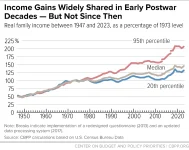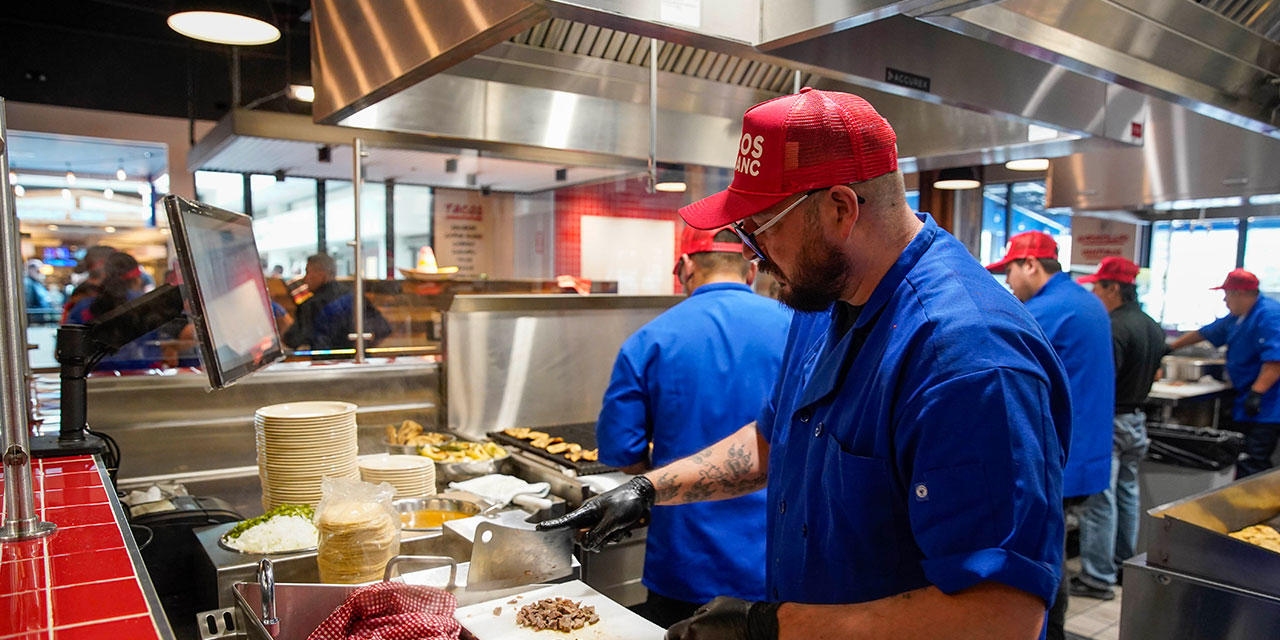- Joined
- Apr 18, 2020
- Messages
- 11,832
- Reaction score
- 11,280
- Location
- North East
- Gender
- Male
- Political Leaning
- Independent
I know some people who have invested their wages carefully for decades to provide for retirement and medical care if needed. Would that just be treated as income when they start cashing it in? How about Roth IRA's?
Income is income is income and would be treated the same. The second you start making carve outs the whole thing falls through the floor. It becomes, “Well, if this person’s carve out is special why isn’t mine.”, and you have given people the right to complain they aren’t among the privileged being treated “special”.
That may have some effect on the willingness to invest in new business.
I might very well do do. However I doubt it. People like to make money. If investment makes money in a way that produces desired result folks will continue to do it.
I was thinking of all those people having work while the new system is being out onto paper.
Since it’s a massive simplification of the process I believe the rollover into understanding and ease of compliance would be very short lived
Sounds lovely, but there are very wealthy interests (including unions whose members have retirement plans) who will be busy as beavers making sure it doesn't come out that way.
Like anything else it depends on what people actually want. If enough want something to reach a critical mass required for change than it takes place. If not, you realize it’s not there so either you push harder to effect the change or you shut up about it.
I’m a practical person. Things are what they are. One works within the scope of reality. To do otherwise is to spun one’s wheels in place and never get anywhere.



